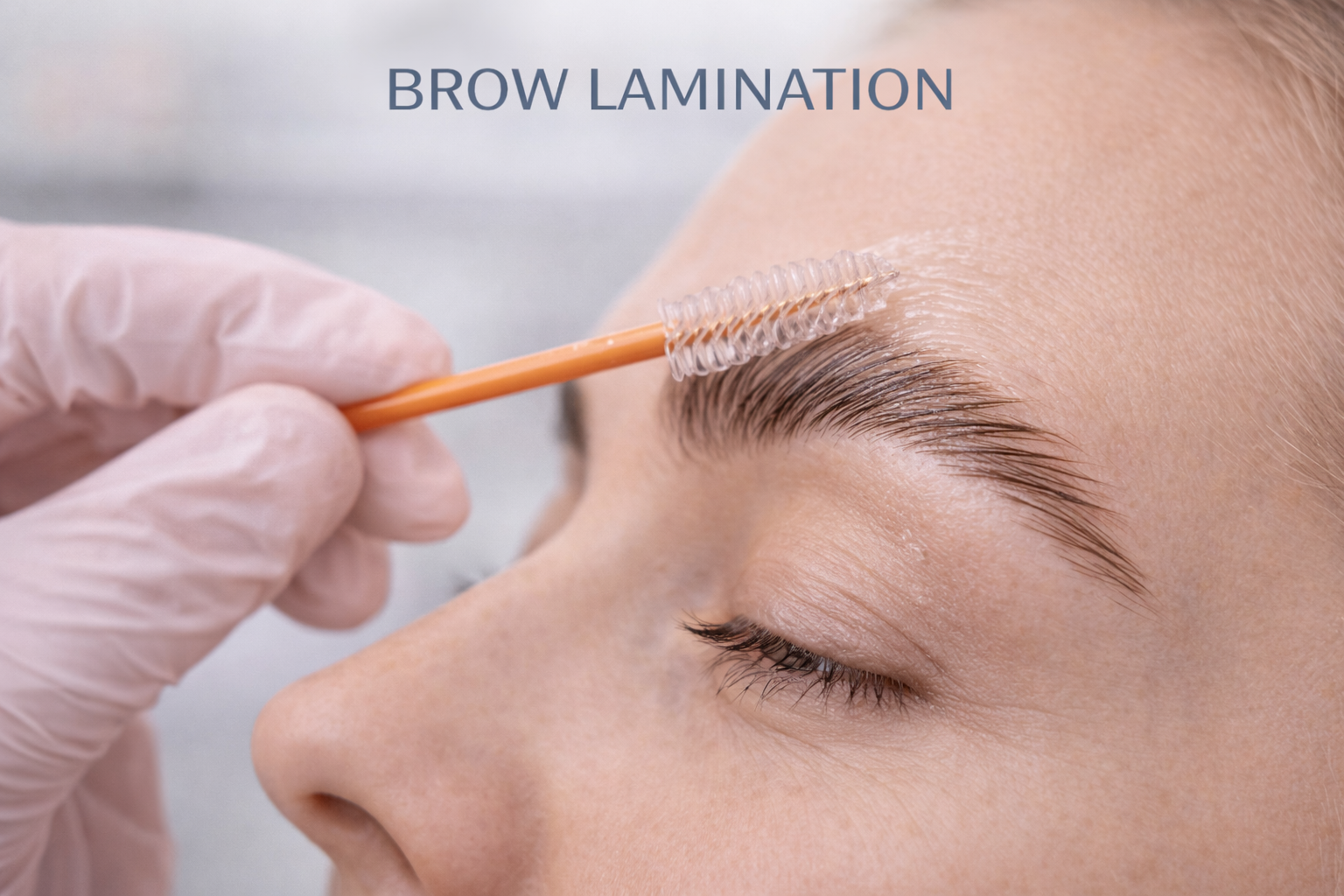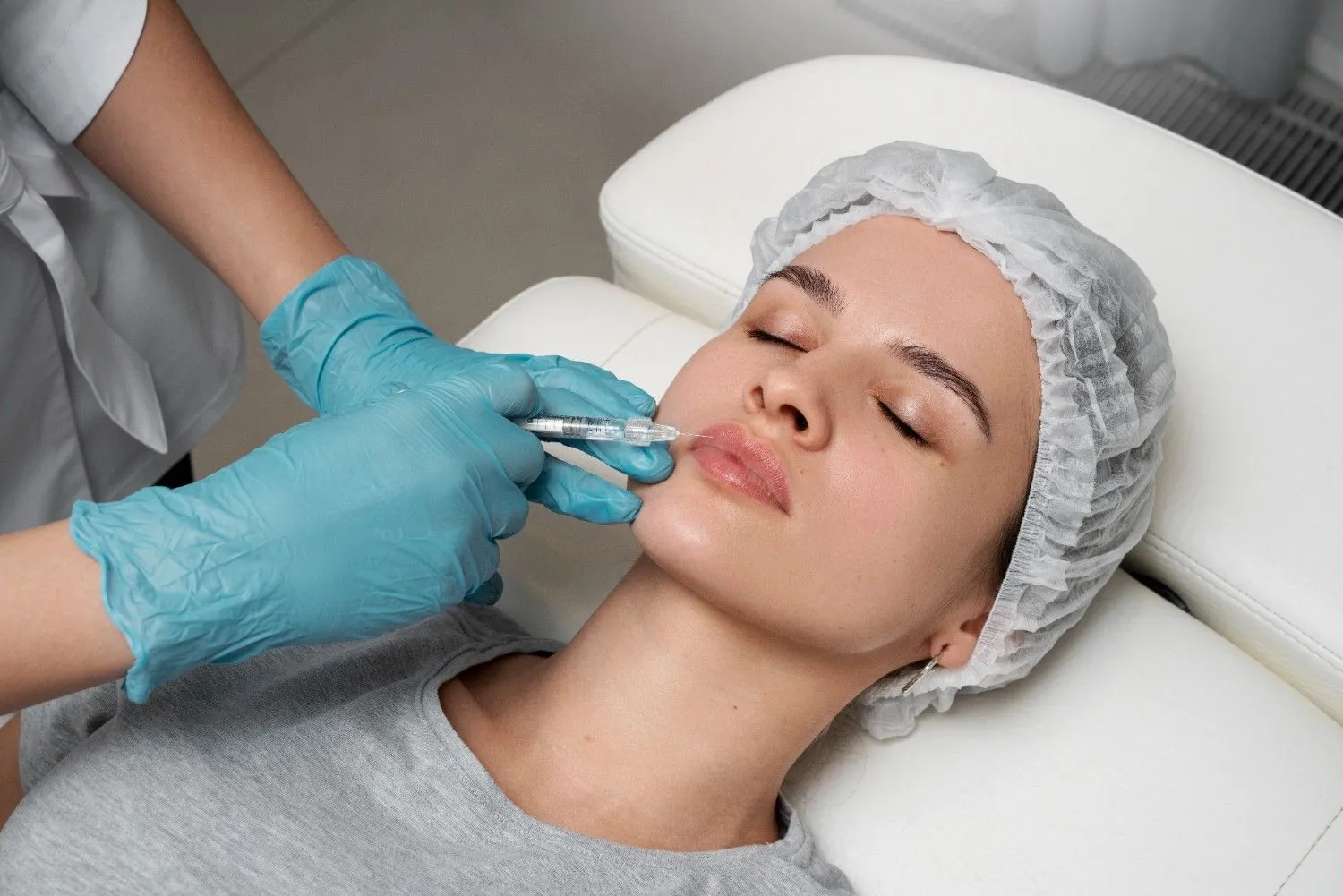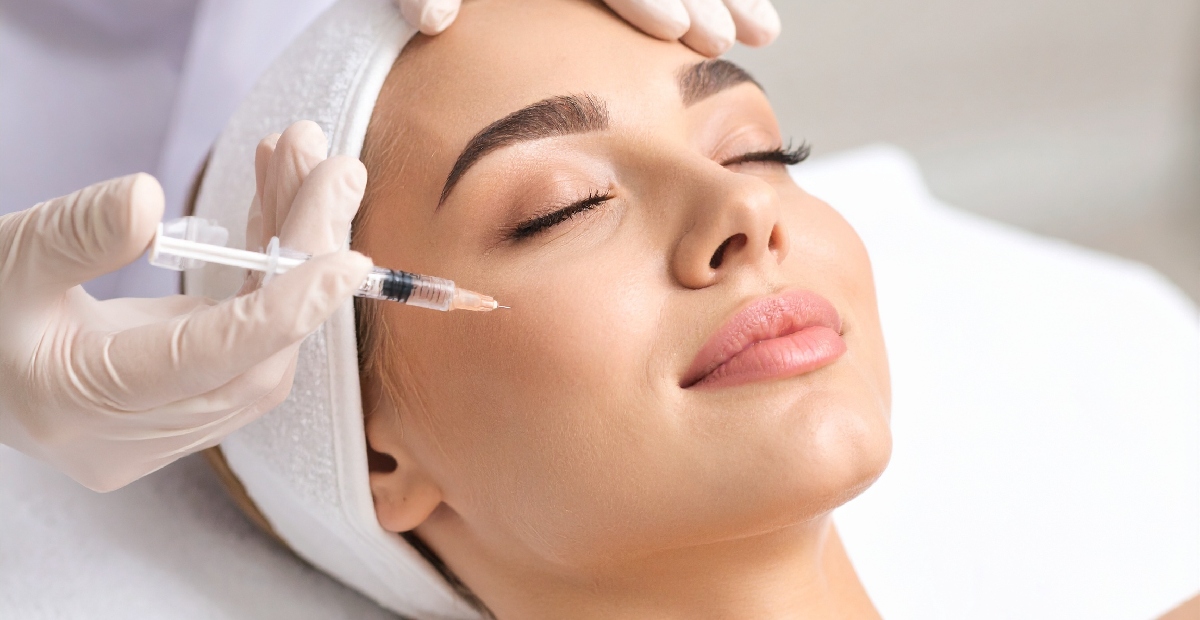Have you ever wondered why some people defy aging while others battle relentless skin woes? What if I told you the answer lies in a simple yet often overlooked step in their skincare routine?
Welcome to a sunnier perspective on skincare! In our quest for radiant, youthful skin, one crucial step many overlook or underestimate is daily sun protection. The truth is, incorporating SPF into your skincare routine isn’t just a luxury; it’s a necessity. Join us as we delve into the importance of SPF every day, unveiling its myriad benefits beyond mere sunburn prevention.
Why do our skin get sun damaged?
Our skin falls victim to sun damage primarily due to the harmful effects of ultraviolet (UV) radiation emitted by the sun. Two main types of UV rays penetrate the Earth’s atmosphere and affect our skin: UVA and UVB rays.
UVA Rays: UVA rays are sneaky perpetrators of skin damage because they can penetrate deep into the skin’s layers, causing long-term harm without immediate visible signs like sunburn.
These rays are responsible for:
- Premature Aging: UVA rays can break down collagen and elastin fibers in the skin, leading to the formation of wrinkles, fine lines, and sagging.
- Photoaging: Exposure to UVA rays over time can result in a phenomenon known as “photoaging,” characterized by a leathery texture, uneven pigmentation, and loss of elasticity.
- DNA Damage: UVA rays can induce DNA mutations in skin cells, contributing to the development of skin cancers.
UVB Rays: UVB rays are notorious for their role in causing sunburn, but their damaging effects extend beyond mere reddened skin.
These rays primarily affect the outermost layer of the skin and are responsible for:
- Sunburn: UVB rays penetrate the epidermis, triggering inflammation and redness, commonly known as sunburn. Repeated sunburns increase the risk of skin cancer.
- DNA Damage: Like UVA rays, UVB radiation can also cause DNA mutations in skin cells, potentially leading to skin cancer development.
- Immune Suppression: UVB exposure can suppress the immune system’s ability to defend against skin cancer and other diseases.
While UVA and UVB rays have distinct characteristics, they often work in tandem to wreak havoc on our skin. Prolonged or intense exposure to sunlight, whether intentional or incidental, can lead to cumulative damage that manifests over time as signs of aging, pigmentation irregularities, and increased susceptibility to skin cancer.
Our skin falls prey to sun damage because of the harmful effects of UVA and UVB radiation. These can cause a multitude of concerns, ranging from premature aging to serious health risks like skin cancer. Protecting our skin from these harmful rays through diligent sun protection measures, including SPF products, is crucial for maintaining its health, vitality, and youthful appearance.
What happens if you’re exposed to the sun for too long?
Expedited Aging: Picture-perfect, youthful skin is a universal desire, but prolonged exposure to UV radiation can fast-track the aging process. UVA rays, in particular, penetrate deep into the skin, triggering the breakdown of collagen and elastin fibers—the building blocks responsible for skin’s firmness and elasticity. The result? Wrinkles, fine lines, and sagging skin that prematurely betray our age.
Skin Cancer: Perhaps the most alarming consequence of unprotected sun exposure is the heightened risk of skin cancer. UVB rays, notorious for causing sunburn, are primarily responsible for this peril. When left unchecked, UVB radiation can induce DNA mutations in skin cells, paving the path for the development of various skin cancers, including melanoma, squamous cell carcinoma, and basal cell carcinoma.
Why is daily protection important?
Now, you might be wondering, “Can’t I just slather on sunscreen when I hit the beach?” While applying SPF during outdoor activities is commendable, safeguarding your skin against UV damage requires a consistent, daily effort. Here’s why:
Cumulative UV Exposure
Contrary to popular belief, UV rays are omnipresent, even on cloudy days or indoors. Whether you’re running errands, commuting to work, or simply basking in the glow of natural light through your windows, your skin remains susceptible to UV damage. Over time, these cumulative exposures can add up, exacerbating the risk of sun-related skin woes.
Protection Beyond Sunburn
While sunburn serves as a visible warning sign of UV overexposure, its absence doesn’t equate to unscathed skin. Invisible damage lurks beneath the surface, silently accumulating with each unprotected moment in the sun. By incorporating SPF into your daily routine, you create a barrier that shields your skin from immediate and long-term harm, preserving its health and vitality.
How do you choose the right SPF?
Choosing the right SPF for your skin can feel like navigating a maze of numbers and formulations. However, finding the perfect SPF doesn’t have to be challenging. Here’s a simple guide to help you select the ideal SPF for your skin type and lifestyle:
Determine Your Skin Type: Before delving into SPF options, it’s essential to understand your skin type and its unique needs.
- Dry Skin: Hydrating SPF formulations with moisturizing ingredients like hyaluronic acid or glycerin prevent further dryness.
- Oily or Acne-Prone Skin: Look for oil-free or non-comedogenic (won’t clog pores) SPF products to avoid exacerbating breakouts.
- Sensitive Skin: Choose gentle, fragrance-free SPF formulas specifically designed for sensitive skin to minimize the risk of irritation or allergic reactions.
- Normal or Combination Skin: You have more flexibility in selecting SPF products, but consider factors like texture preferences and additional skincare benefits.
Understand SPF Ratings: SPF ratings indicate a sunscreen’s ability to protect against UVB rays, which cause sunburn. Here’s a breakdown of common SPF ratings and their corresponding levels of protection:
- SPF 15: Provides low protection, blocking approximately 93% of UVB rays.
- SPF 30: Offers moderate protection, blocking about 97% of UVB rays. This is the minimum recommended SPF for daily use.
- SPF 50 provides high protection, blocking around 98% of UVB rays. It is ideal for prolonged sun exposure or individuals with fair or sensitive skin.
Factor in Activity and Environment: Consider your daily activities and environmental factors when selecting SPF.
- Outdoor Activities: Opt for water-resistant or sweat-resistant SPF formulas if swimming, exercising, or spending extended periods outdoors.
- Climate: In hot and humid climates, lightweight and non-comedogenic SPF formulations are preferable to prevent pore congestion and breakouts.
- Reapplication: Regardless of SPF strength, remember to reapply sunscreen every two hours or more frequently if swimming or sweating profusely.
Consult with a Skincare Professional
If you need clarification on the SPF product that best suits your skin type or concerns, consider consulting with a skincare professional like those at Refresh Medical Spa. They can offer personalized recommendations based on your skin’s specific needs and guide sun protection best practices.
Ready to take the first step towards healthier, radiant skin? Contact Refresh Medical Spa today for a personalized skin consultation! Our expert team will assess your needs and recommend the most effective sun damage reversal and prevention treatments. From advanced laser therapies to rejuvenating facials, we have the solutions to keep your skin glowing and protected all year round.






